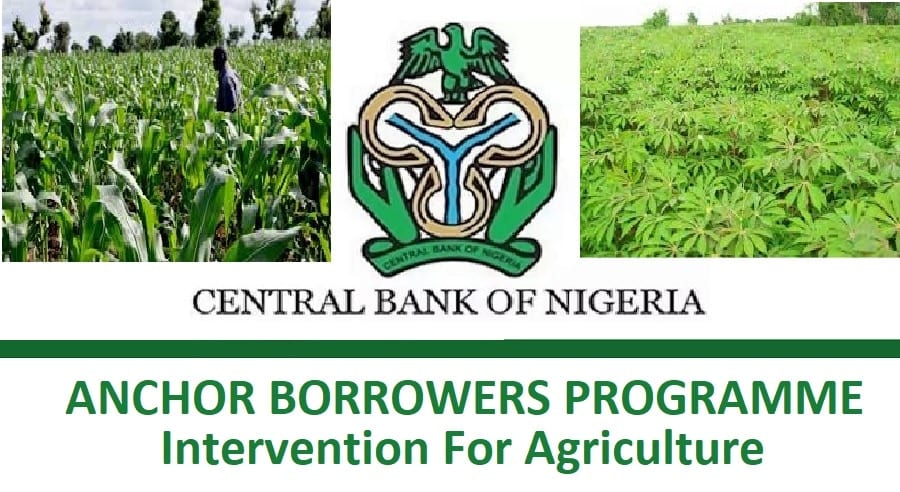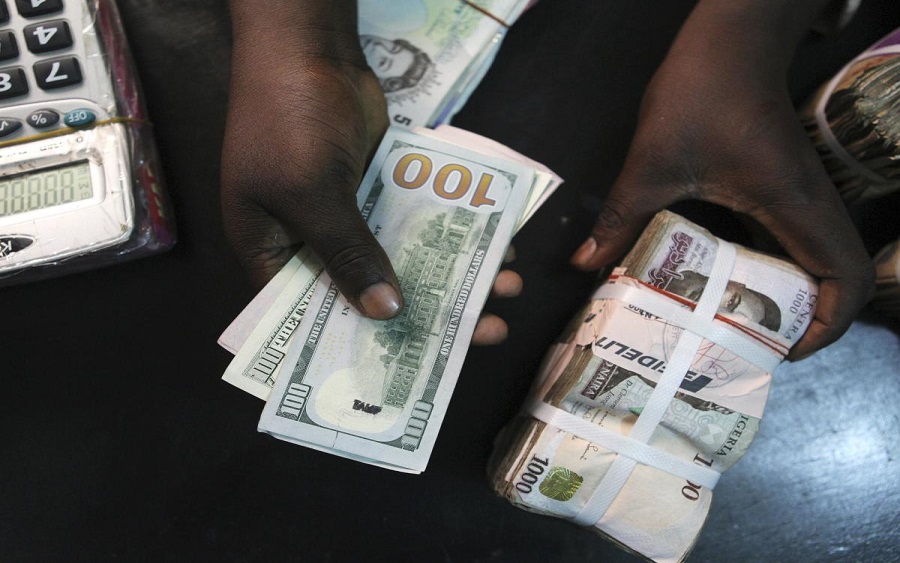Latest data seen by Gatekeepers News has shown that the Anchor Borrowers’ Programme (ABP) is in no doubt working and has significantly contributed to helping the nation in achieving self-sufficiency in food production and also address the country’s negative balance of payments on food items.
ABP was created in November 2015 by the Central Bank of Nigeria (CBN), to improve the supply of key agricultural products to Agro-processors from Small Holder Farmers.
To start with, the CBN, under the leadership of Godwin Emefiele, restricted forex for the importation of food like rice, maize, tomatoes/tomatoes pastes, Palm kernel/palm oil products/vegetable oils, Vegetables and processed vegetable products among others, in a bid to encourage local production and ensure the country, eats what it produce and produce what it eats.
Borders were shut to curb the smuggling of banned items paving way for increased local production from farmers and boosting Nigeria’s Agricultural sector.
ABP supplies farmers with adequate credit at single-digit interest rates to enable them acquire lands, farming inputs and machinery necessary to cultivate and produce agricultural outputs and the gains recorded so far include, but are not limited to;
1.) Many countries have lost their market share in Nigeria, Thailand for example;
In 2014, Thailand alone exported 1,239,810 metric tonnes of rice to Nigeria. In 2016, it fell to 58,000 metric tonnes and by 2015, it went down to 5,000 metric tonnes. It significantly dropped to 2,169 metric tonnes between January to October 2021.
2.) ABP financed 21 agricultural commodities and disbursed N884.9 billion to 4.1 farmers cultivating 5.02 million hectares of land nationwide as of 2020.
3.) Average yield per hectare for rice paddy and maize increased from 1.5 MT to 4.0 MT.
4.) Average capacity utilisation per annum of domestic integrated rice mills from 30 percent to 98.2 percent.
5.) Rice import bill reduced significantly by 95 percent from $1.05billion in pre-ABP era to $18.50 million annually.
6.) ABP created about 12.3 million direct and indirect jobs across different value chains.
7.) Nigeria recorded a 72.5 percent decline in import bills of major items from $2.23 billion in 2014 to 0.59 billion as of 2018.
8) Leveraging on the CBN’s ABP, rice farmers are set to showcase the largest Rice Pyramid to the world to prove that local production of food is possible and truly works. This, is despite the insecurity plaguing the nation and the COVID-19 pandemic that slowed down business activities in 2020 and 2021.
Therefore, we can conclude that the ABP is clearly an economic relief initiative and it is safe to say Nigeria’s Agricultural market is supporting the country’s campaign for economic diversification and can revive the economy and help the country achieve the goal of food sufficient and job creation if all hands are on deck.







